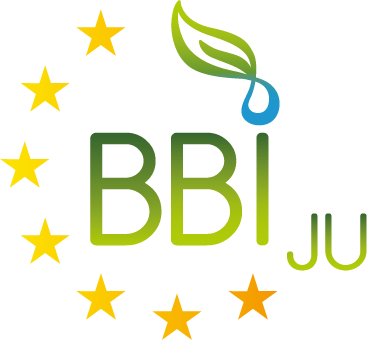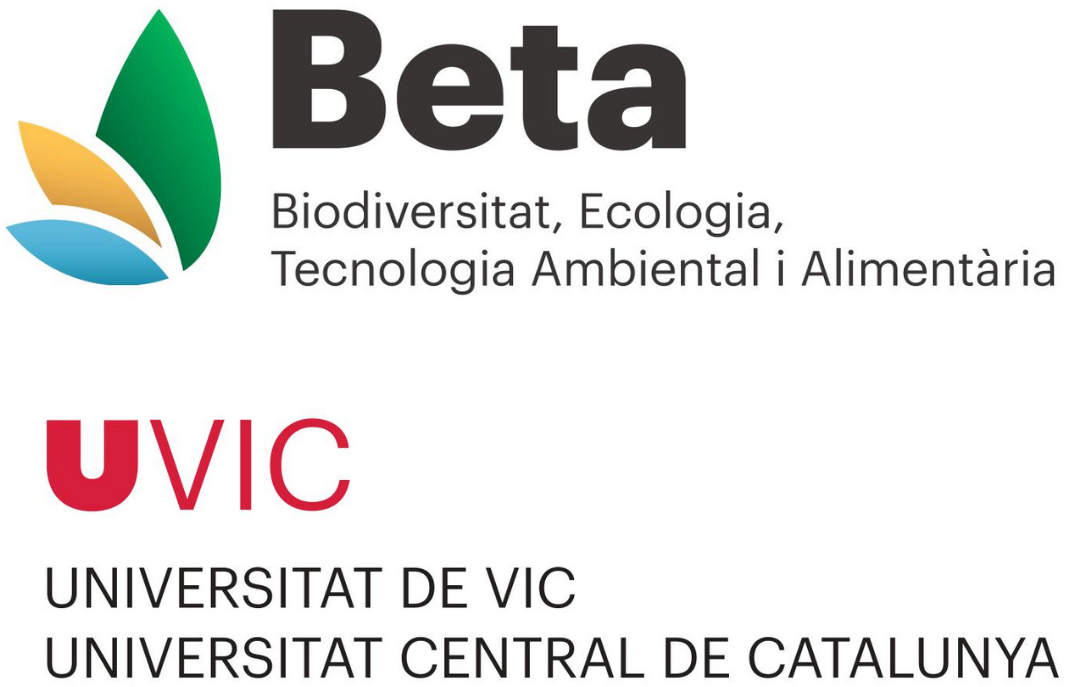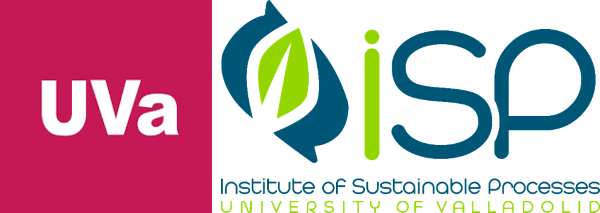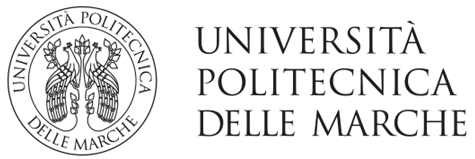Zaragoza
Zaragoza is a province in the autonomous community of Aragon, northeastern Spain. The biorefinery has been built in the facilities of “Alfonso Maíllo” Innovation Center (CIAM, one of the most important facilities in Spain for research applied to waste management) and in the Center for Urban Waste Treatment of Zaragoza (CTRUZ), owned by the Municipality of Zaragoza and located in the Technological Park for Recycling (PTR). Both facilities are managed by CIRCULAR BIOCARBON coordinator URBASER.


Key results
The biorefinery in Zaragoza was inaugurated on 2 October 2024. In the early spring of 2025 some of the results of the succesfull deployment of its technologies could already be observed:
- Current operation of a 2400m³ anaerobic digester: succesful co-digestion of OFMSW and sewage sludge under a mesophilic regime, producing biogas with a methane content near 55%.
- Upgrading facility working properly: biogas is refined and ultrapure methane and carbon dioxide streams are obtained with a purity > 98% in both cases.
- Composting of the solid fraction from the digester: obtention of a C- and P-rich organic matrix with a high degree of maturity.
- Aerobic biotreatment of the liquid fration from the digester: production of an ultrapermeated liquid , used to fill the algae reactor.
- Current operation of algae reactor using the refined carbon dioxide stream obtained after the biogas upgrading: algae growth proceding correctly, currently reaching a concentration > 0,7 g/L
Why Zaragoza?
Zaragoza is in a strategically important location within Spain, and Europe, and due to its proximity to stakeholders, industries and actors in the bio-based sectors, making it easier to target preferred markets and acquire key customers. In terms of manufacturing, the biorefinery in Zaragoza is part of five new cross-sector interconnections, establishing three new bio-based value chains, six new building blocks, three new bio-based materials and five new consumer products.
The different value chains cover diverse territories, reinforcing the European and versatile nature of the project as a model for replication. The location of the headquarters of the industrial key players in different strategic points all over the continent also provides the opportunity to develop and activate commercial relations soon after the project ends, which will be boosted by the establishment of pre-commercial agreements with clients all over Europe. In this context, Zaragoza can act as a reference new model to support progress towards a bio-based economy.
Using the Zaragoza site as a real-scale demonstrator for specific lines of the biorefinery, CIRCULAR BIOCARBON will have an influence not only on the process but on all actors in the bio-based economy chain at the European level, including policymakers, citizens, rural areas and the industrial and primary sectors.
The multi-location implementation will support and ensure the replicability of the CIRCULAR BIOCARBON approach by testing it against several waste management schemes, ecosystems and practices in different territories. The biorefinery will boost the replication potential for other cities according to preferred markets, contributing to the faster acquisition of key customers in each country.
How to get in touch?

Cristina Garcia-Vera
Coordinator of CIRCULAR BIOCARBON Project
R&D Project Manager, Innovation Department
cgvera@urbaser.com
www.urbaser.com



This project has received funding from the Bio-based Industries Joint Undertaking (JU) under the European Union’s Horizon 2020 research and innovation programme under grant agreement No. 101023280. The JU receives support from the European Union’s Horizon 2020 research and innovation programme and the Bio-based Industries Consortium.











